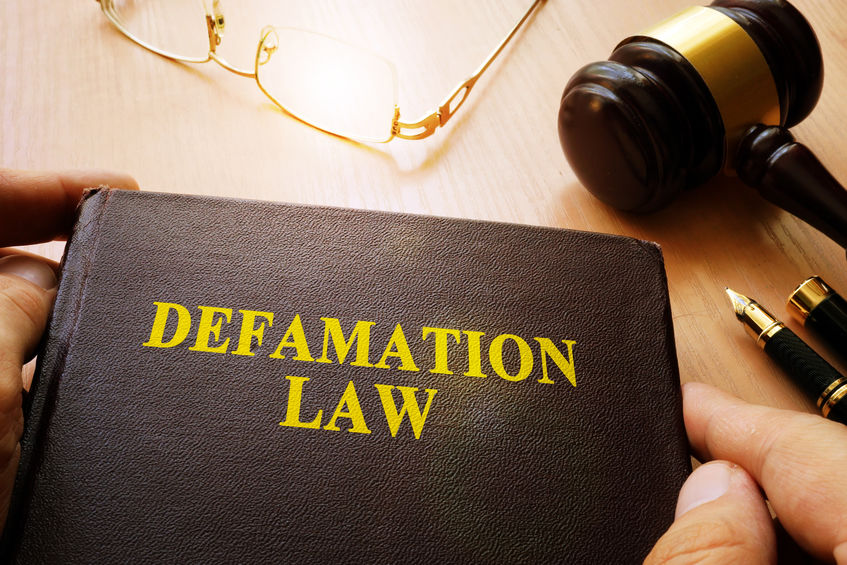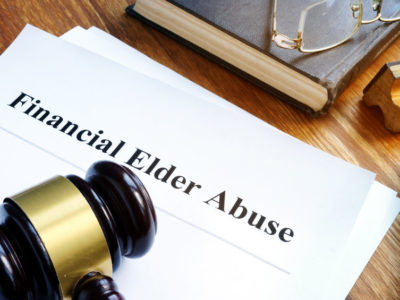

What is Defamation and Does It Fall Under Personal Injury?
Defamation or defamation of character means that someone made a statement that injures another’s reputation. A written statement is called “libel” and a spoken statement is called “slander.” Defamation is a civil wrong so it does fall under personal injury laws. In some cases, a person who is defamed is able to sue the person or organization who defamed them in order to recover damages, just like in other personal injury claims.
When can a person sue for defamation?
A successful civil suit for defamation takes into account first amendment rights to free speech, and disagreements among individuals. In addition, every state has its own defamation laws so speech that is actionable in one state may not be in another state.
Seek the counsel of a local personal injury attorney to determine whether you have a defamation case. The defamation lawyer can look at the details of your complaint and discuss your legal rights. If they agree to take on your case then they will fight for a fair settlement on your behalf.
What does a defamation claim have to show?
In general, a plaintiff suing for defamation will need to show that the statement was:
- False
A true statement or negative opinion shared publicly will not qualify as defamation even if it causes harm. The statement needs to be a lie/false to qualify.
- Harmful to the plaintiff
If the statement was a lie but caused no measurable harm to the plaintiff such as a lost job, decreased sales or a lost relationship that can be directly tied to the statement, then it will not qualify as defamation.
- Not privileged
A privileged statement is one that was made in a context that is generally deserving of protection. For example, false statements made in a courtroom cannot be part of a defamation lawsuit because court is a privileged environment. There is no defamation lawsuit unless the statement was made in a non-privileged setting.
- Published
In order to qualify as defamation, the statement must have been shared with another person; written words must have been sent to another person; or pictures or even gestures must have been shared with another person. A private note passed between the accused and the plaintiff would not qualify as defamation.
What is actual malice in a defamation suit?
Public figures have an additional burden of proof in order to bring a successful defamation claim. A public figure cannot win a defamation suit unless they can prove that the defendant had actual malice in their state of mind when they shared the false statement. This means that the defendant publicly posted or shared a statement knowing that it was false or that they acted with reckless disregard about whether the statement was true or false.
Seek the help of a personal injury attorney
If you or a loved one was injured because of the negligence of another, contact a personal injury lawyer to discuss your legal rights. Let an experienced accident attorney fight for the full compensation that you deserve. It is not uncommon to receive a settlement from the insurance company that is five to ten times larger with the help of a lawyer. Call the personal injury lawyers at Tario & Associates, P.S. in Bellingham, WA today for a FREE consultation! We have been representing residents of Whatcom County, Skagit County, Island County and Snohomish County since 1979. You will pay nothing up front and no attorney fees at all unless we recover damages for you!




